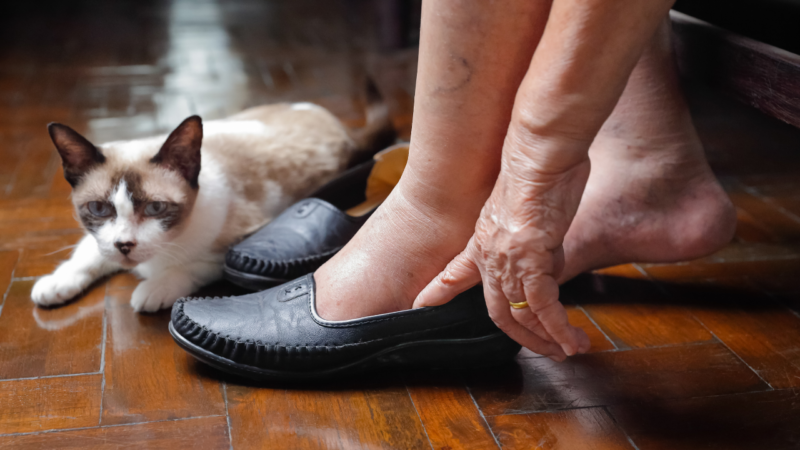Low back pain is a very common problem across a large number of age groups, including older adults. It can have a huge impact on a person’s quality of life as the pain, restricted movement, inability to perform daily activities, hobbies or sports interrupt the person’s ability to live their life.
The causes of low back pain are numerous and varied. You might know that you have low back pain, but aren’t sure of any more detail than that. This is because it is often not possible to make a precise diagnosis of the cause of low back pain.
Nerve root compressions or fractures of the spine are the few conditions where a definitive diagnosis can be made, however the majority of low back pain cases cannot be definitively pinpointed to one specific structure in the back.
A lack of a definitive diagnosis for low back pain however does not prevent effective treatment and management.
Physiotherapy plays a major role in managing low back pain. You may have heard your doctor recommend that you try “conservative management” for your low back pain. This means a non-surgical approach to managing your low back pain and will most likely involve seeing a physiotherapist.
Physiotherapy for managing low back pain will often adopt a rehabilitation approach to management, as the aim of treatment is to get you back to doing what you might not have been able to do before.
The stages of rehabilitation with your physio will look something like this:
1. Initial Stage:
If you’re experiencing a sudden, acute episode of low back pain, then managing the pain is a priority in this stage.
Like any other injury, it is important to consider the healing process that is occurring and to initially limit the load to the injured area. This means that the physio might tell you to avoid certain activities, movements or positions.

The advice and the recommendations provided by your physio is really important, as you do not want to aggravate the low back any further and you want to give yourself the best chance of a smooth recovery.
Frequent, gentle range of motion exercises and maintenance of flexibility are important in this stage and your physio will guide you through what exercises to complete. Ice, heat or other electrotherapeutic modalities might be used in this stage to assist with pain relief and healing.
Fitness maintenance is really important in this stage, but activities might be limited to low or no-impact activities, like walking in a pool or riding a stationary bike instead of jogging.
2. Intermediate Stage:
In this stage of back pain rehab, you would normally be able to perform your activities of daily living, have good range of motion in your back, have relatively little pain and have reasonable strength. Flexibility exercises should be performed regularly and stretching is important.
Progressive strengthening exercises become a major component of this stage of rehab and functional exercises to get you back to your usual activities are commenced. Ongoing soft tissue therapy, like soft tissue massage, can be beneficial in this stage to help the back feel comfortable, restore normal function and manage pain.
3. Advanced Stage:
By this stage, you will have gained adequate strength, full range of motion in the back and have decent endurance.
This stage focuses on returning you to normal activity, like getting you back out on the golf course or getting you comfortable with positions to return to gardening. Functional exercises become the main focus and attention to correct technique is emphasized, especially if the wrong technique was a potential cause for the original injury.
Your physio will guide you through your exercises and help to restore confidence with movement, so as to prevent recurrence of the injury.
So, as you can tell from each stage of rehab, exercise therapy is an essential component of the treatment of low back pain.
As well as this, the advice around activities you should and shouldn’t do in each stage of rehab is vital to a smooth recovery. No matter how long you have been living with your back pain, your physiotherapist will guide and support you on your road to managing and recovering from your back pain.
If you are an older adult with low back pain, The Physio Co are here to help! Contact us today and don’t delay getting back to living your life.
Article written by Kathy Soo – Physiotherapist



 1300 797 793
1300 797 793